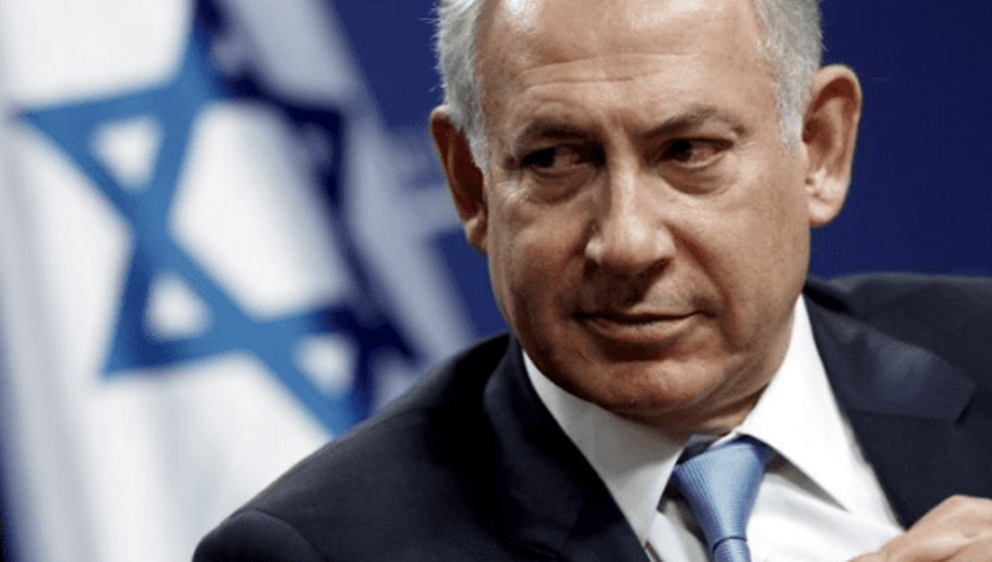Thousands protest Israel's bill allowing segregation between Jews and Arabs
The current proposal will allow Jewish religious law to be implemented in certain cases and will also remove Arabic as an official language.
Thousands of demonstrators took to streets in Tel Aviv Saturday night to demonstrate against a controversial Jewish nation-state bill proposed by Israel's right-wing party Likud which seeks to enshrine Israel’s Jewish character in law and promote housing discrimination among minority groups.
Part of the Likud-sponsored legislation says that it will allow the state to "authorize a community composed of people having the same faith and nationality to maintain the exclusive character of that community."
But critics have argued that the clause is an effort to legalize housing discrimination against a wide array of minorities and subgroups, including Arabs, Mizrahi and Ethiopian Jews, gays, divorced women and others.
The current proposal will allow Jewish religious law to be implemented in certain cases and will also remove Arabic as an official language.
Addressing the crowd, Ayman Odeh, Joint (Arab) List chairman, pointed out the move is aimed at further strengthening Likud’s right-wing base and is a jab at the minorities, ahead of the planned elections.
The protest was organized by a few of the opposition parties, progressive Jewish groups, LGBT activists and left-wing NGOs, and was attended by nearly 2,500 people who slammed the government over the discriminatory proposal and called on the government to scrap it.
"This government is destroying peace and destroying democracy and equality for a little more political capital for the tyranny of Netanyahu," Odeh said, according to the Times of Israel. "The racist laws of a government that fears the power of a majority and tramples the minority will not remove us."
"In the Israeli democracy, we will continue to protect the rights of both the individual and the group, this is guaranteed. But the majority have rights too, and the majority rules," the Israeli prime minister said earlier this week.
Right groups and activists in Israel expressed serious concerns about the proposed law. "Our main concern is that it is changing the nature of the state and it changes the balance of Israel as a nation state," said Amir Fuchs, the head of the defending democratic values program at the Israel Democracy Institute, the Guardian reported.
"You can be a nation-state and still be a democracy as long as you don’t discriminate," Fuchs added. "That the state is allowed to create villages that will separate on the basis of race or religion or nationality – this is outrageous."
Israel’s attorney general, Avichai Mendelblit, and president, Reuven Rivlin, have also opposed the bill in its current state. According to the Guardian, Rivlin in a letter to the lawmakers warned the legislation "could harm the Jewish people worldwide" and "even be used as a weapon by our enemies."
The segregation clause, he pointed out could allow towns to exclude Jews of Middle Eastern origin – who have been historically sidelined – or homosexuals.
The bill was first introduced in 2014 by Likud, but after facing criticism from both the opposition and some within the party, it was shelved. Since then, several versions of the legislation have been drafted by the right-wing lawmakers.
Netanyahu who has been an active proponent of the bill has hinted that he would push for the bill to become law before the current Knesset session ending July 22.

